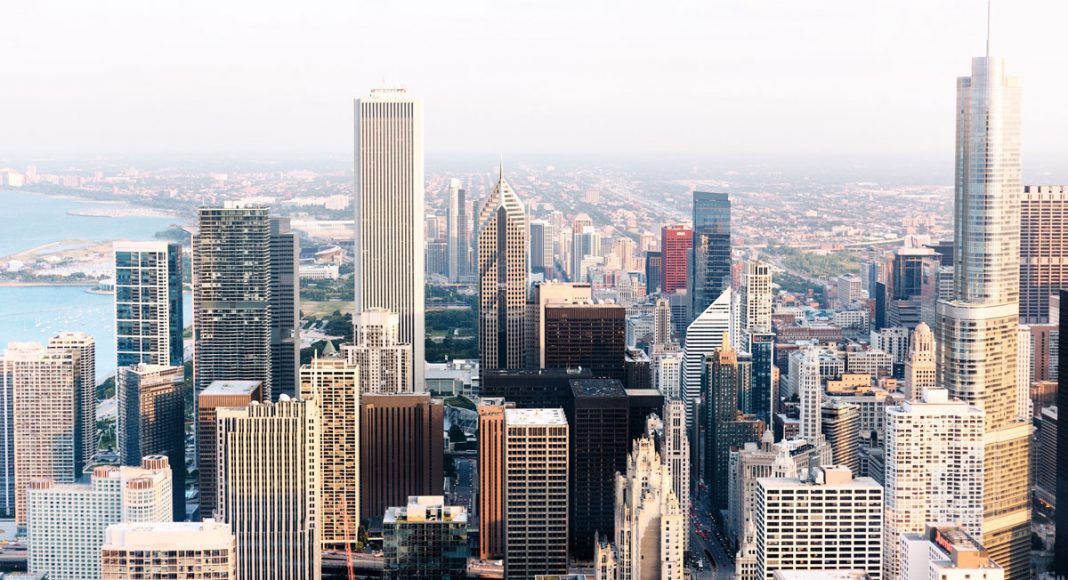Governor-elect J.B. Pritzker said during his campaign that he would push for this reform to overhaul the criminal justice system and help remedy the state’s enormous $8 billion budget deficit. Now, lawmakers like Democratic Representative Kelly Cassidy are at the drawing board, working to conceive legislation that not only gets it done but gets it done right.
Similar measures have been introduced in the past just to end up in the garbage by the end of the session. There is some belief, however, that Illinois can pass a progressive recreational marijuana law this year that has the weight to become the national standard once the federal government decides to end prohibition once and for all.
The ball is already rolling on this all-important issue, Pritzker said earlier this week in an interview with NPR Illinois. The incoming government told the news source that he has been hashing out the detail with lawmakers and hopes negotiations are not far off. “There’s an opportunity for us to be the first state in the Midwest to make it available, and so I think the legislature should get at it,” he said.
Representative Cassidy and Senator Heather Steans are taking leadership concerning the marijuana debate. The two are expected to introduce legislation at the beginning of the year in both the House and Senate. The two political figures are apparently working to craft language that appeases Pritzker’s concept of adult-use by providing opportunities for minority communities beaten down by the drug war.
The proposal will likely not only seek to legalize marijuana but also expunge the criminal records of small-time pot offenders. It may ever go a step further by forgiving criminal violations for convicted drug dealers that have managed to avoid recidivism. Pritzker said early on that he wants to “reinvest in communities hit hardest by the war on drugs and the legacy of mass incarceration,” so a far-reaching pot law is expected.
“The good news about being eighth or ninth to get this done is we can look at what works and put it in place in Illinois,” Pritzker said.
Interestingly, Chicago Mayor Rahm Emanuel is proposing a constitutional amendment aimed at legalizing of marijuana. But rather than focus on the big picture, he wants the tax money from legal weed and a proposed casino to help dig four pension funds out of debt. Pritzker does not support the plan. He says it’s not a proposal that has much of a chance of going the distance, as “it’s not something I’m out promoting in any way.”
Regardless of the marijuana proposal that makes the cut, there will be challenges to getting a law on the books. Opposing forces are expected to come out to prevent specific components of legalization from home cultivation to all the other usual arguments brought forth by law enforcement.
Still, according to a recent report from the Illinois Economic Policy Institute, the state would be better off with legal weed. The report shows legalization would create 24,000 jobs and generate more than $500 million in state and local tax revenue. It would also boost the state’s economy by $1 billion annually.
But will it pass in 2019?
“I can’t give you a guarantee this is going to pass this year,” Cassidy said. “I would never do that because I have seen the wheels come off things that are even more of a lock. So, I’m not going to say you can take this to the bank but I am going to say we’re very well positioned. We need 60 votes in the house 30 votes in the Senate and the governor’s signature. And we’re working hard towards getting that.”


